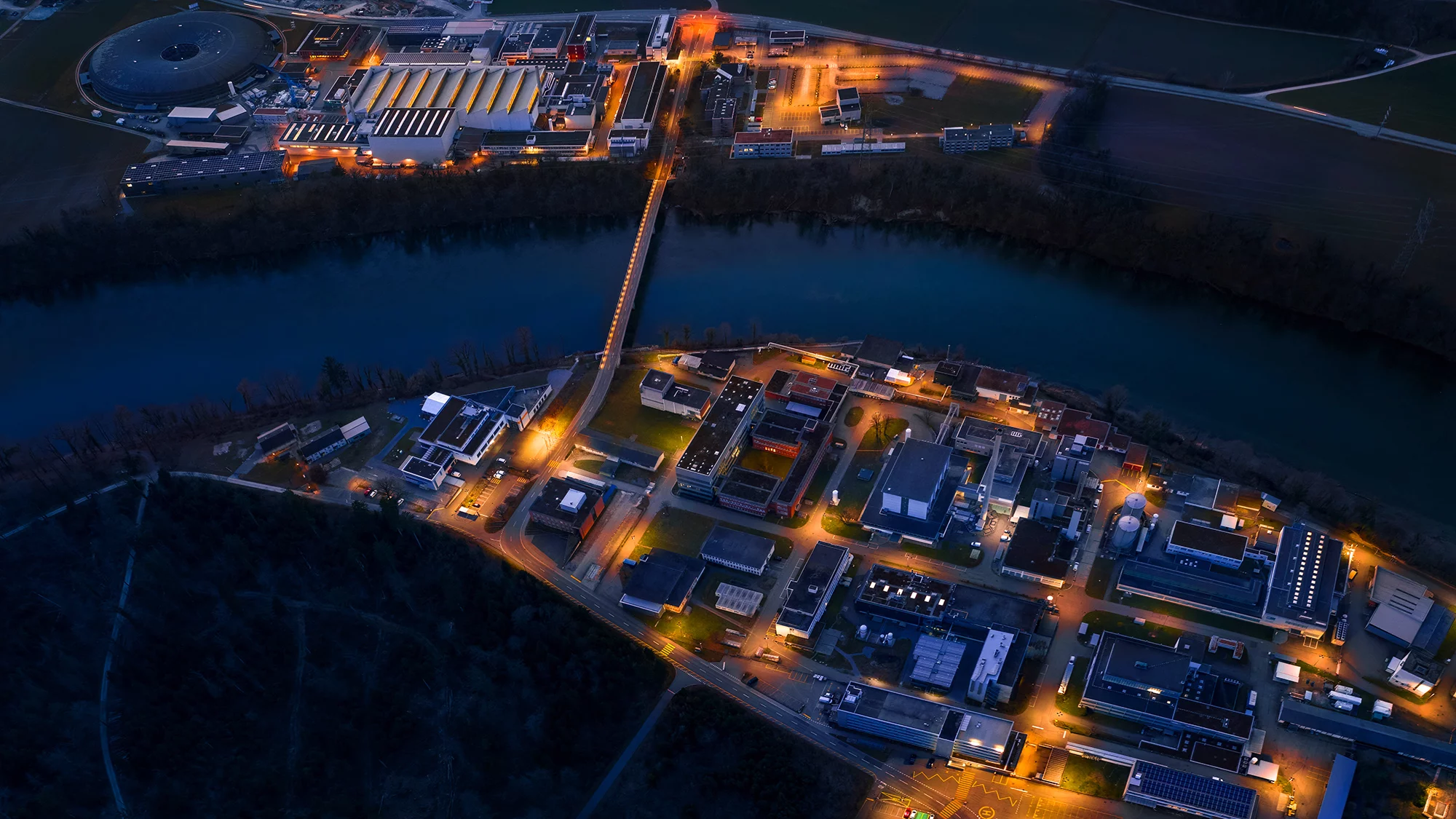The institute is organized into six research and two service centers. These operate PSI’s large research facilities and provide services that enable the cutting-edge research for which PSI is renowned worldwide.
PSI Center for Neutron and Muon Sciences
The PSI Center for Neutron and Muon Sciences uses neutrons and muons to explore and understand matter and materials. It operates the Swiss Spallation Neutron Source SINQ, the Ultra-cold Neutron Source UCN, the Swiss Muon Source SμS and the facilities for particle physics CHRISP.
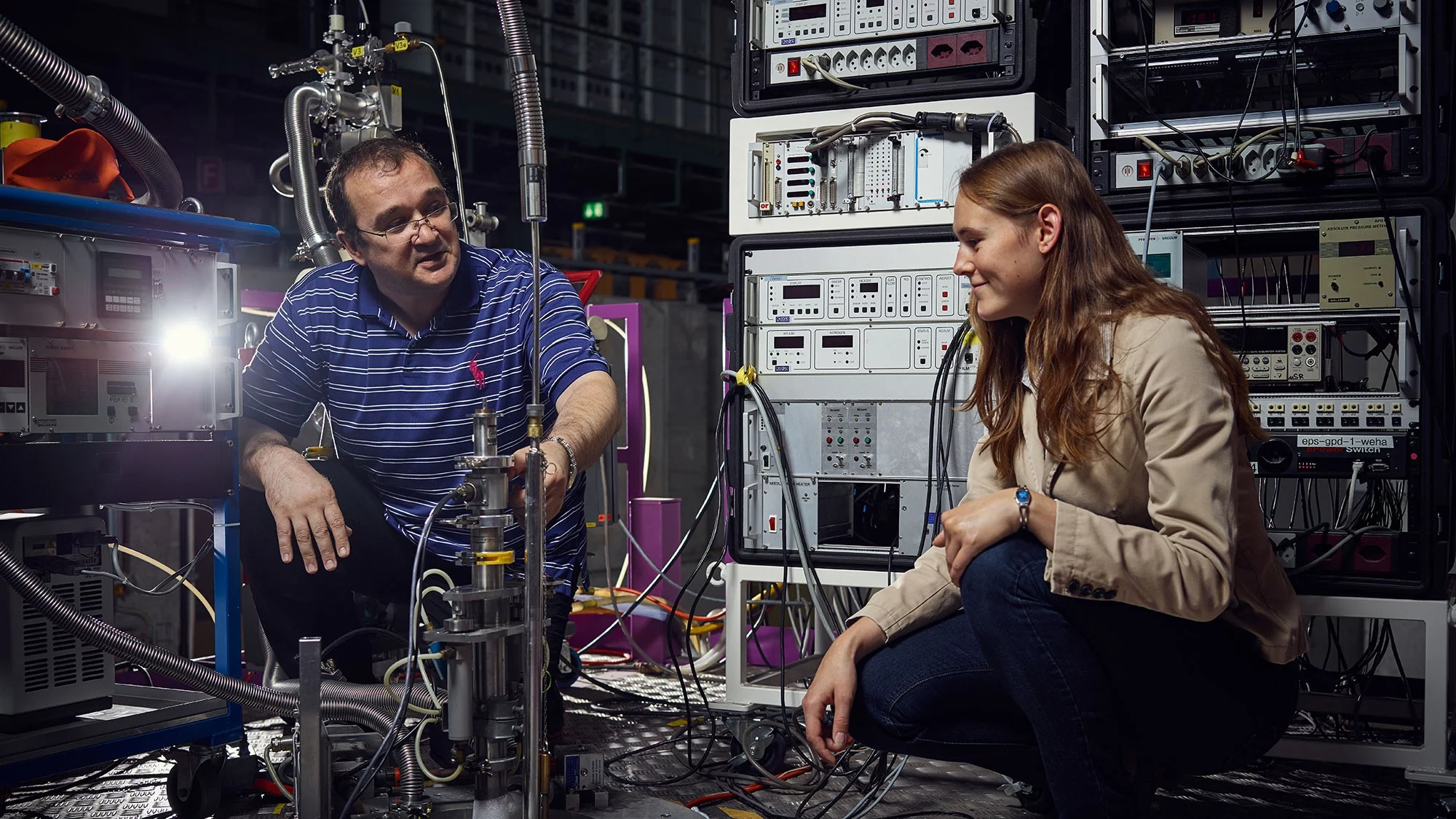
PSI Center for Photon Science
The intense beams of X-ray light at the user facilities operated by the PSI Center for Photon Science shed light on the smallest structures of matter. The center operates the Swiss Light Source SLS and the Swiss Hard X-ray Free Electron Laser SwissFEL. With over 20 beamlines, as well as clean room facilities, cutting edge research is performed across diverse disciplines crossing physics, chemistry, biology and materials science.
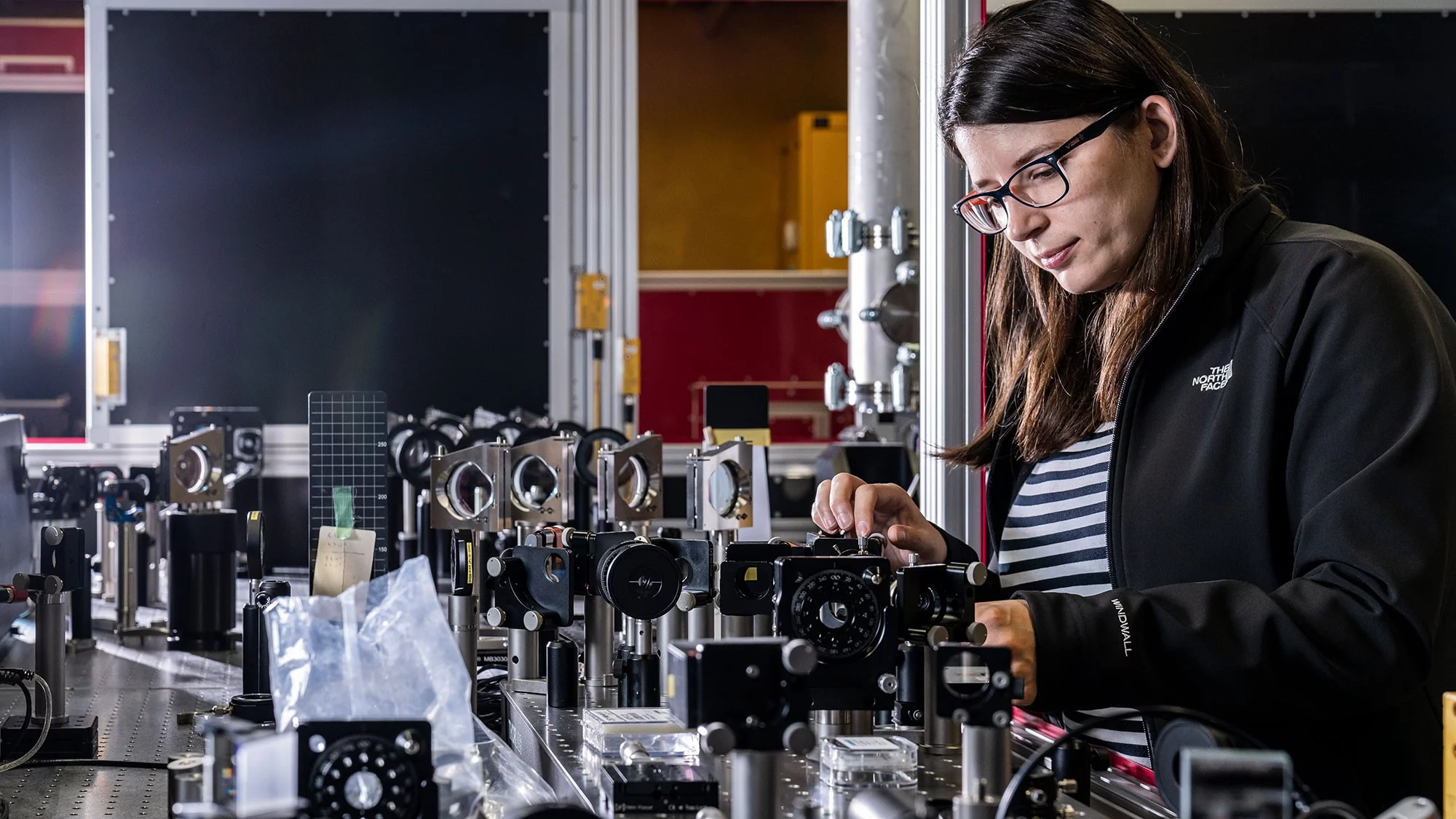
PSI Center for Energy and Environmental Sciences
Energy is produced, consumed, and influences the environment - all of these phases are researched at the PSI Center for Energy and Environmental Sciences, with the ultimate goal of promoting development towards a sustainable energy supply system.
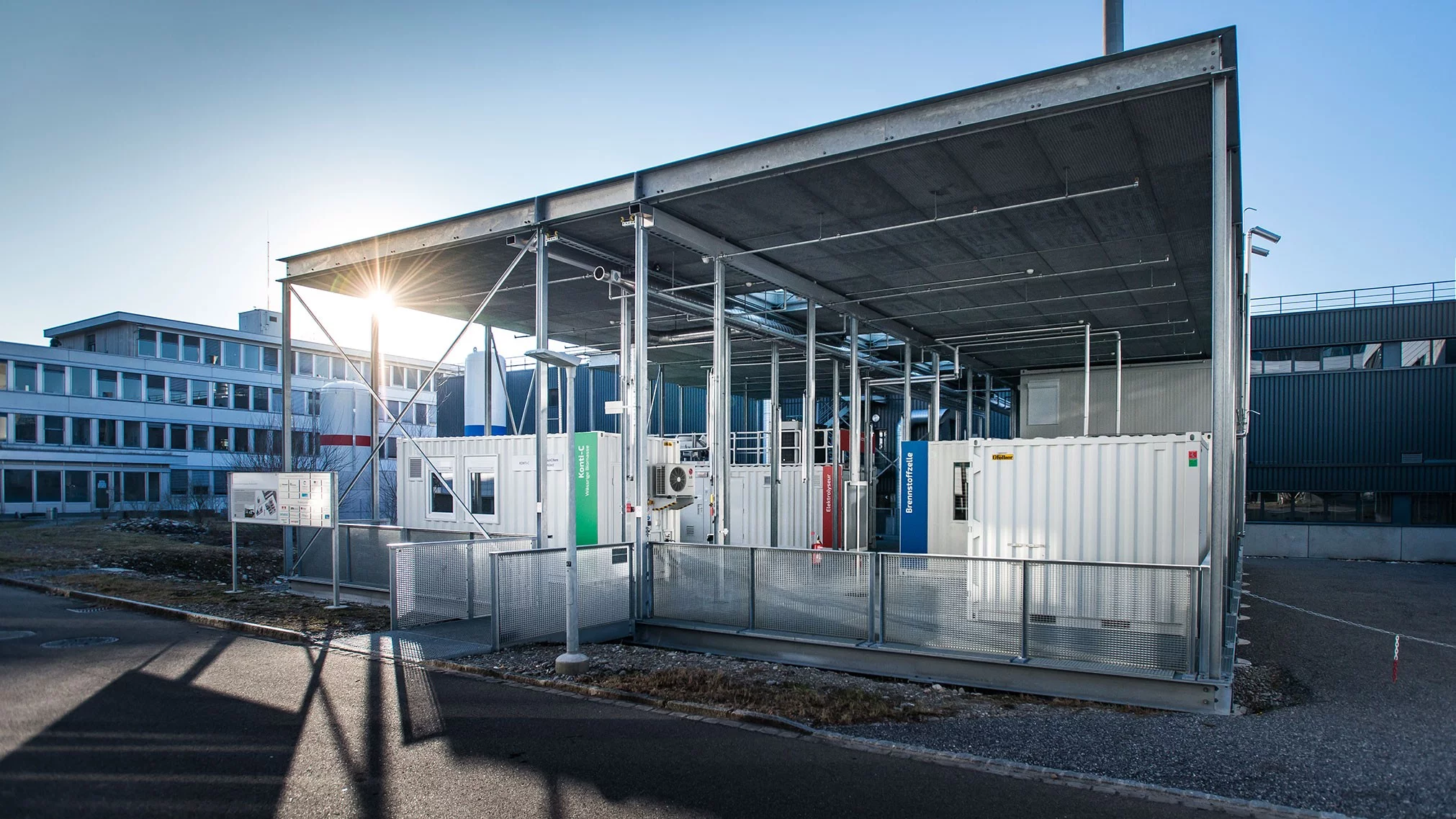
PSI Center for Nuclear Engineering and Sciences
Safety of currently operating light-water reactors, safety characteristics of future reactor concepts and related fuel cycles, and long-term safety of deep geological repositories for nuclear wastes of all kind are the main research topics at the PSI Center for Nuclear Engineering and Sciences.
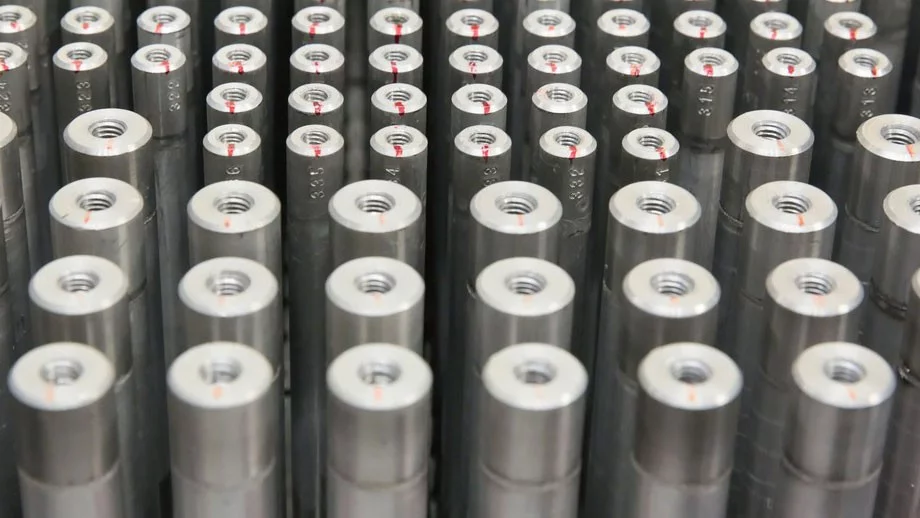
PSI Center for Life Sciences
Tracing the secrets of life: The PSI Center for Life Sciences is pursuing research in the areas of structural biology, bioimaging and radiopharmacy. It is subdivided into the Laboratory of Biomolecular Research, the Laboratory of Nanoscale Biology and the Center of Radiopharmaceutical Sciences.
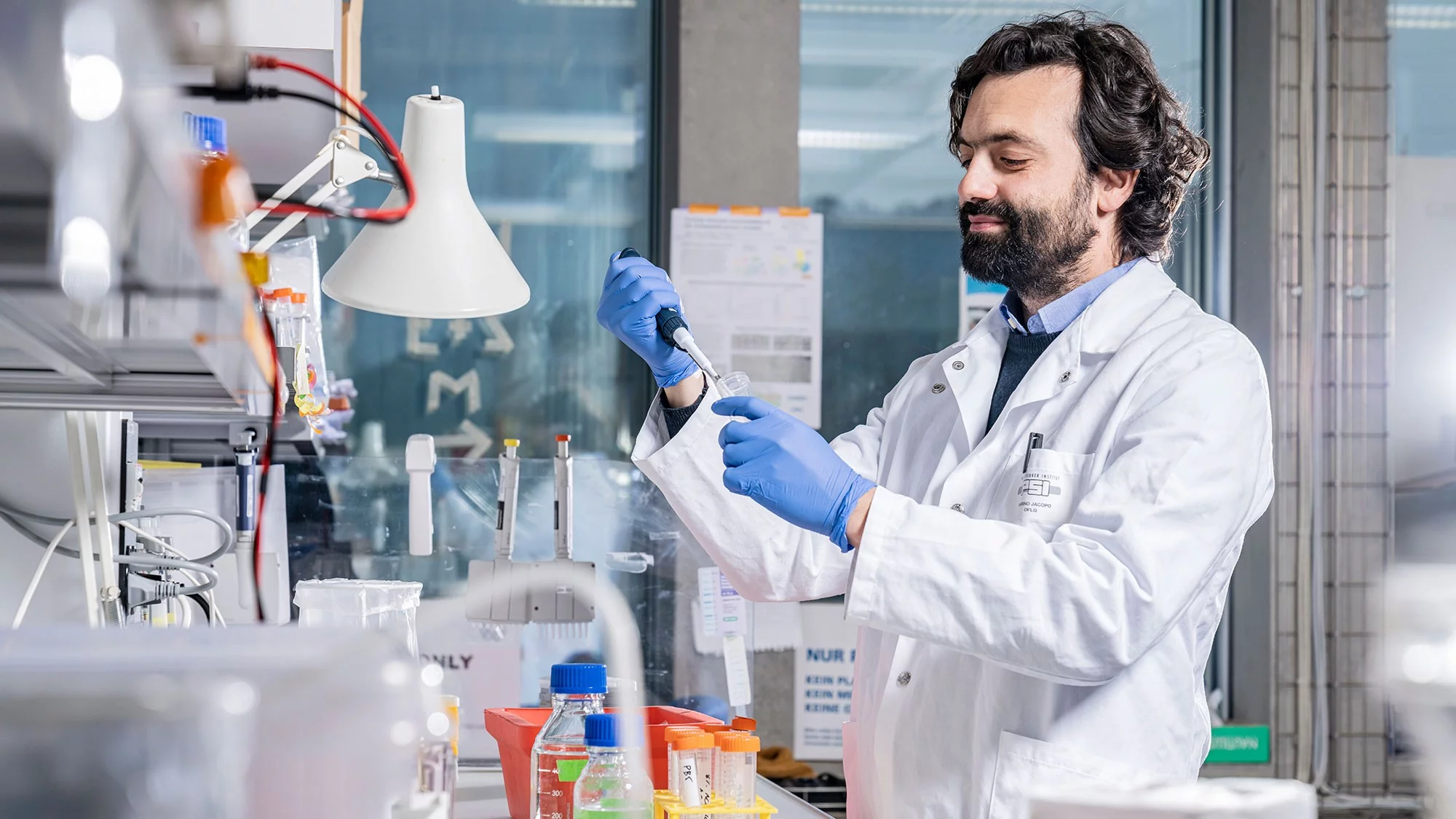
PSI Center for Scientific Computing, Theory and Data
The PSI Center for Scientific Computing, Theory and Data links new opportunities of computational materials modelling and data science with PSI’s unique large research facilities. It provides modelling know-how and computing resources for the science, engineering and accelerator programme at PSI as well as conceptual and practical input to new science initiatives at PSI.
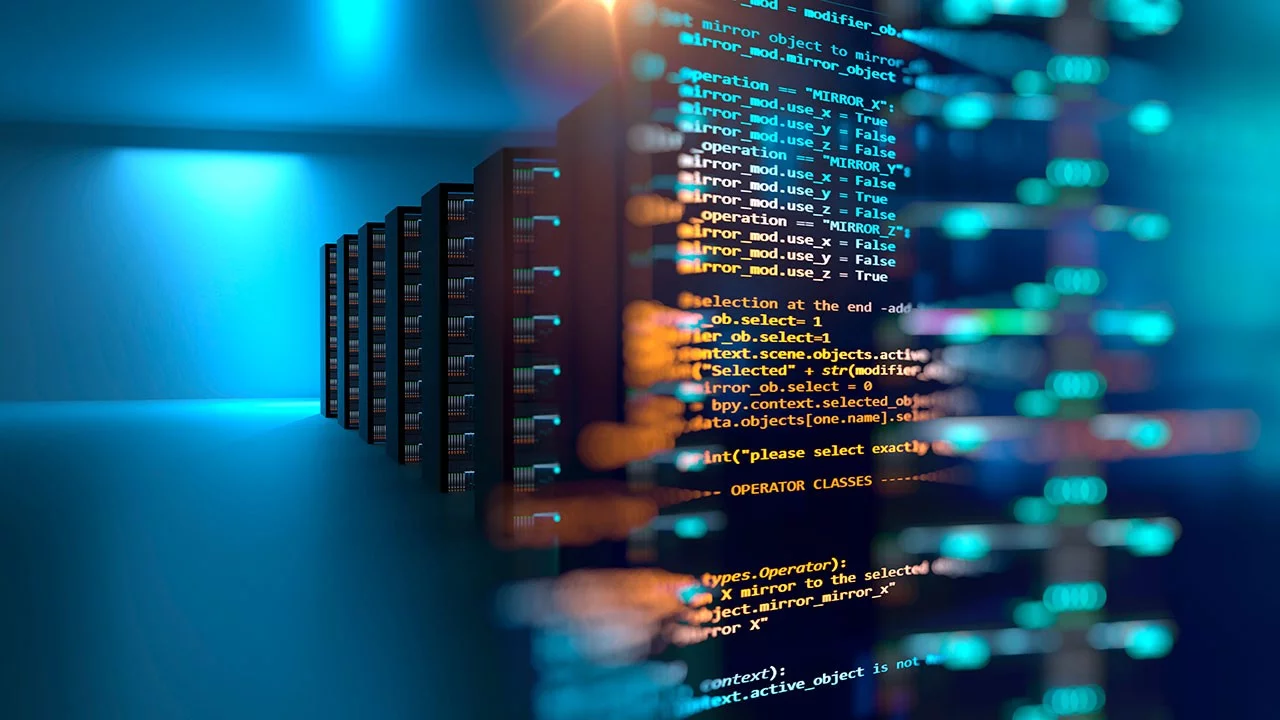
PSI Center for Accelerator Science and Engineering
Accelerator facilities form the backbone of the main research activities at PSI. PSI Center for Accelerator Science and Engineering is responsible for the construction, operation and development of the particle accelerators at PSI.
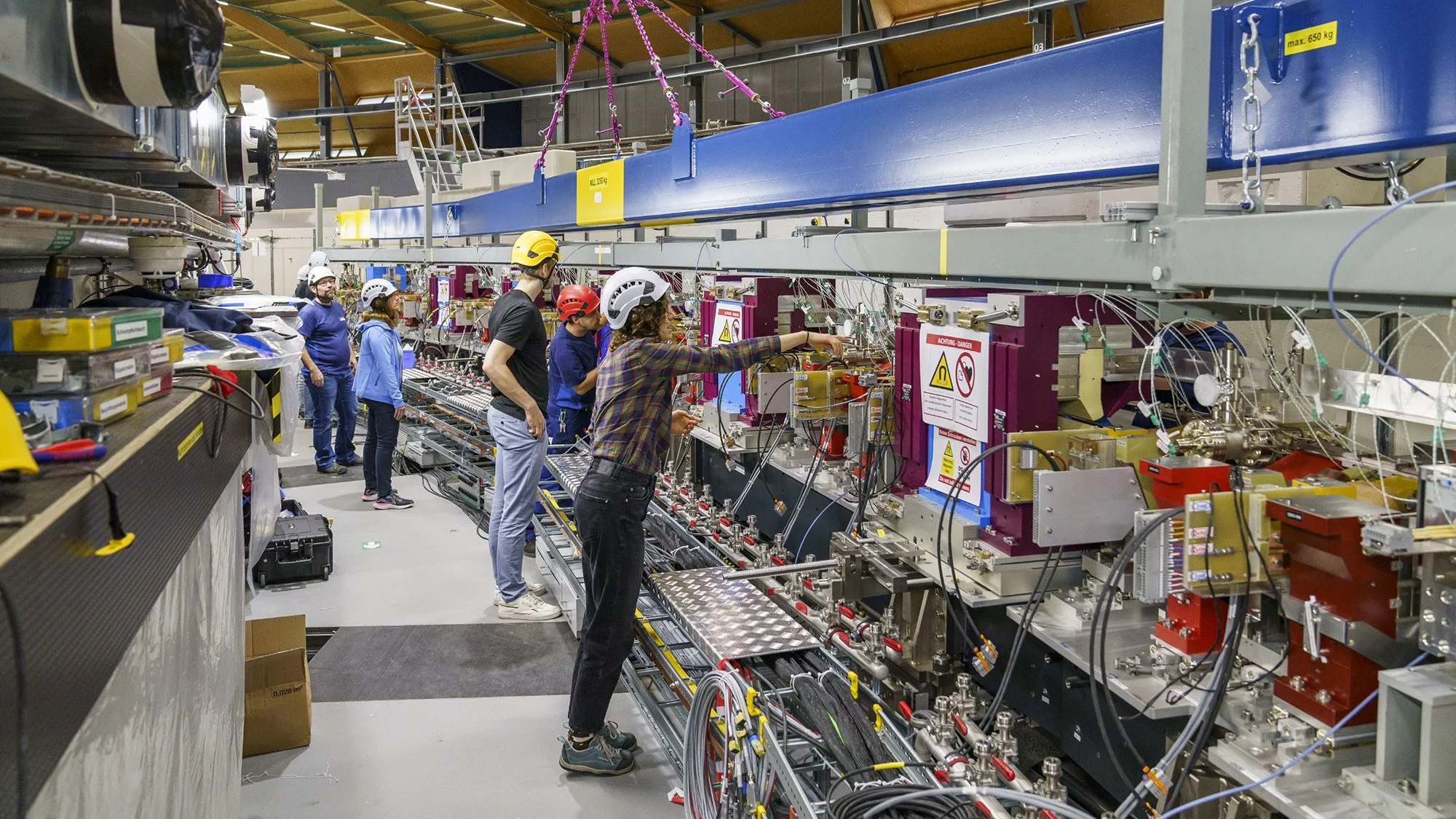
PSI Center for Corporate Services
The PSI Center for Corporate Services provides and develops central services for the employees and units of PSI. These include classic corporate services as well as very specific services such as media supply for the research institute or scientific services of the Radiation Safety and Security Department.
